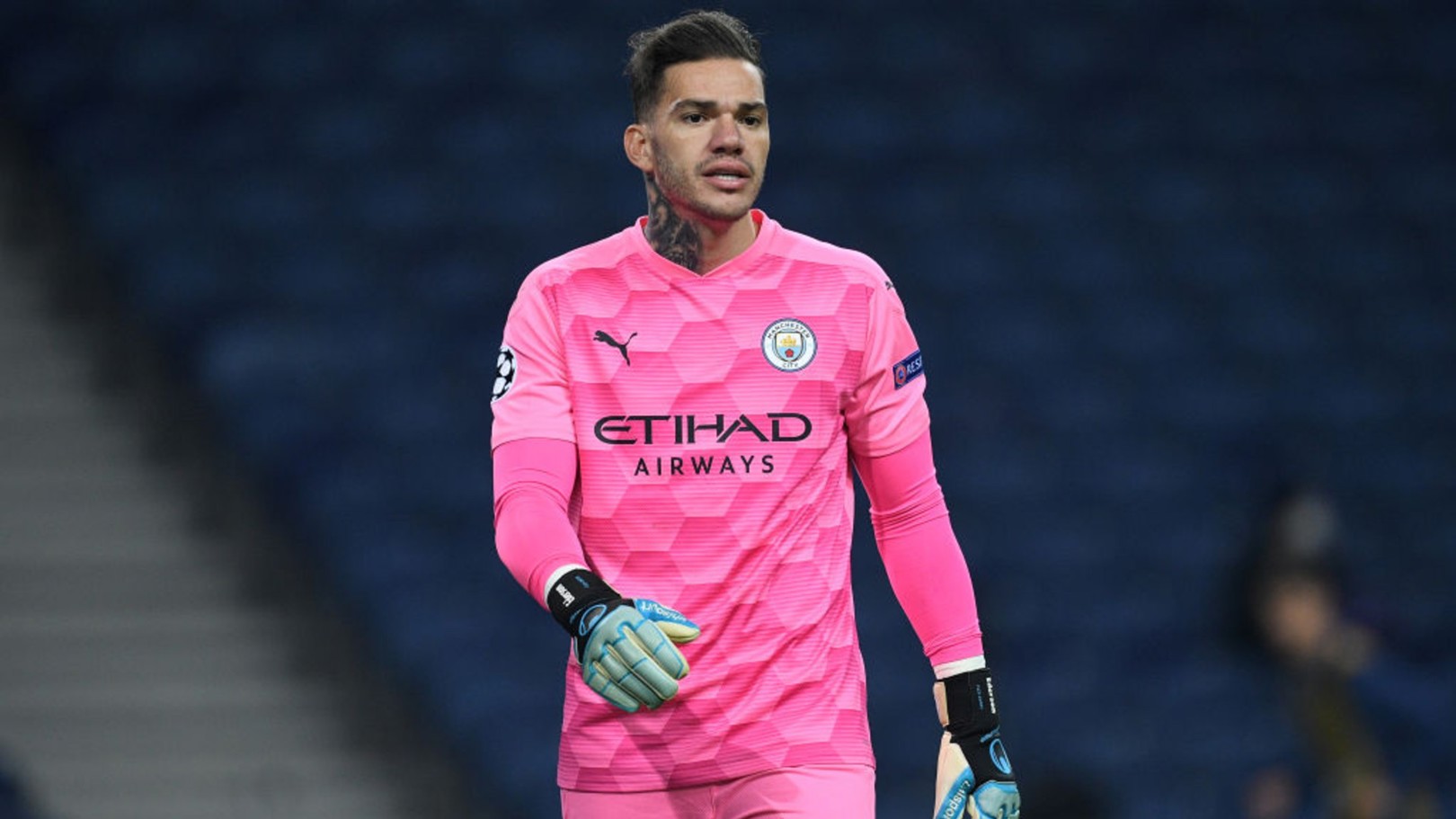Williams came through the ranks at the Club to establish himself as number one in the early 1980s, before a back injury forced him to end his career prematurely.
Since then, the former goalkeeper has worked tirelessly to better the lives of those in the local community through his work with our official foundation, City in the Community (CITC).
He remains an ambassador to this day and, as part of his role, Williams got involved in this year’s annual Cityzens Giving Young Leader’s Summit, discussing his footballing career and the work he still does for CITC.
The conversation shifted from his heyday to today’s game and the demands placed on Ederson, a prime example of a goalkeeper equally adept with the ball at his feet as he is with his hands.
Comparing his own experiences at Maine Road, Williams lifted the lid on the differences between the modern era and the game he plied his trade in throughout the early 1980s.

“One of my centre-halves in the latter years at Manchester City was Mick McCarthy,” he recalled.
“Sometimes when the ball would be played back to me I used to fiddle about with it with my feet and I could see the steam coming out of his ears!
“I was always comfortable with the ball at my feet but today’s game is totally different from what it was when I played.
“The big difference is the footballs they play with today, they move all over the place.
“I sit in the stands and hear people say: ‘why didn’t he catch this or do that?’, they’ve no idea how fast the game is and how quickly the ball moves.
“It is a difficult job, we’ve had great goalkeepers (at Manchester City) and long may it continue.”
The Cityzens Giving Young Leaders Summit aims to celebrate the impact made by Young Leaders around the world to their local communities through the power of football.
This is a familiar phenomenon for Williams who, alongside his CITC colleagues, has worked tirelessly to improve the lives of those around the world, from Moss Side to Melbourne.
Among other roles, CITC aims to engage and inspire young people through specially tailored projects, raising their self esteem and teaching important life skills.
And Williams shared some inspiring examples during the Young Leaders Summit of the way he and the foundation have changed peoples’ lives for the better.
“Some of the things that’ve happened to some of the young people because of the interaction with Manchester City and Cityzens giving has been absolutely amazing and long may it continue.
“A lad came to us five or six years ago. He’d been on the books at City as a young footballer but developed an illness which was some type of cancer in one of his legs and had to have an amputation.
“He was at his wits end, came to one of our disability sessions and enjoyed it that much that he became a regular participant. He’s now one of the top three amputee footballers in the world.
“I could go on and on. The impact we have on people stays with them for life whether it’s in New York, Melbourne or China.
“We don’t realise the impact we have on people…and we should all be proud of that.”
The work of CITC and Cityzens Giving has helped thousands of people overcome adversity in their lives and that’s sentiment that resonates with Williams on a personal level.
Taking over the reigns from City’s legendary goalkeeper Joe Corrigan would be a daunting enough prospect for most but, in doing so, Williams also became the first black goalkeeper of the modern era to ply his trade for an elite professional club.
Unfortunately, with that distinction came a tirade of horrific racial abuse from the stands whenever City travelled around the UK.
CITY+ | SIGN UP TO ACCESS EXCLUSIVE CONTENT
But rather than allow that to affect his performances, Williams used it as added motivation to prove that he should be distinguished for his footballing ability, rather than his ethnicity.
“It was very difficult, there’s so many stories I could tell about things that happened to me,” he reflects.
“You could hear people shouting things from the stands but it actually made me try harder.
“If anything they were making it worse for their team because they made me try even harder than I probably would’ve done in the first place.
“That was my driving force and, eventually, what I tried to do was get people to recognise me for being a very good goalkeeper rather than a black goalkeeper.”









